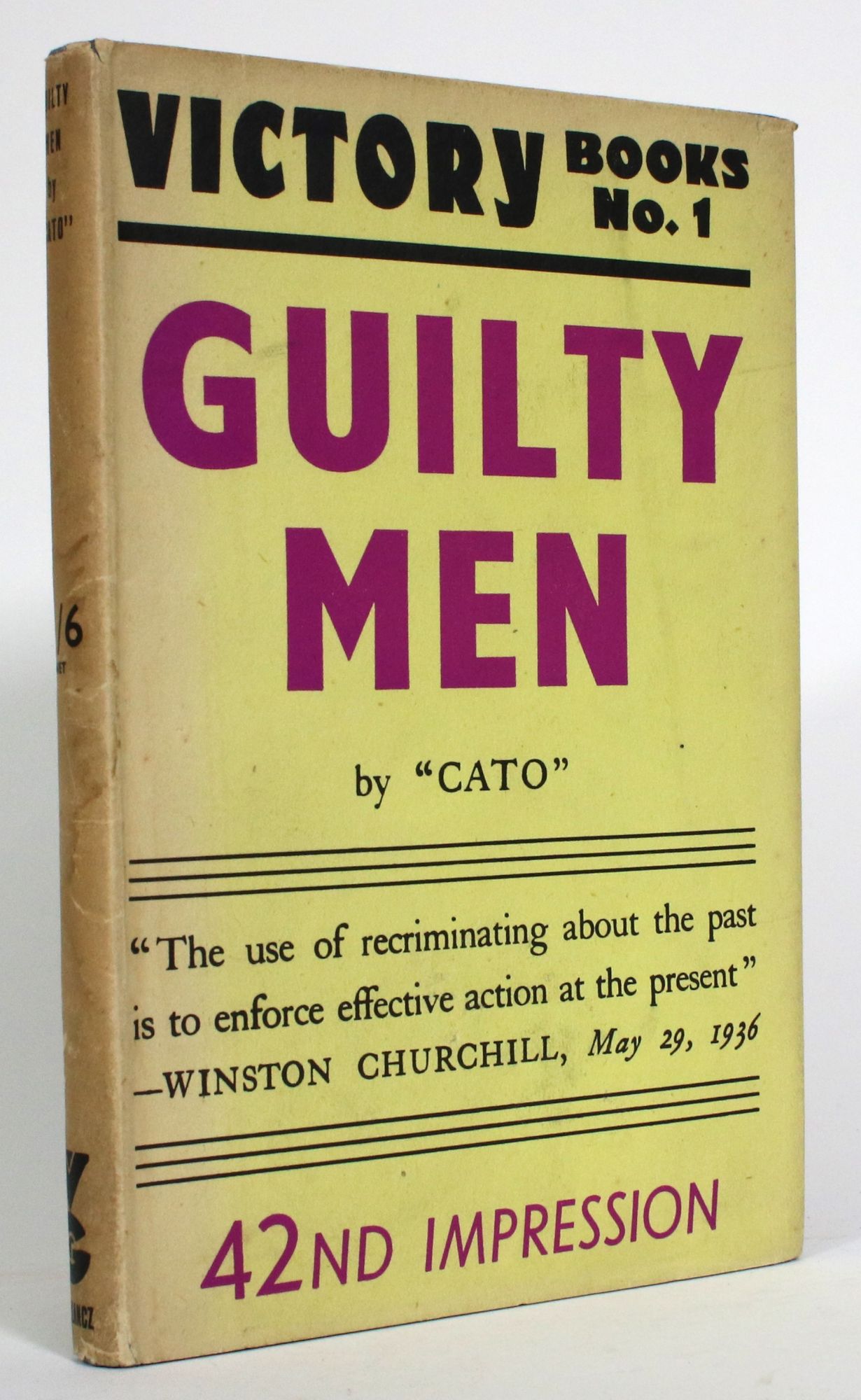Yes the Spitfire was designed to quickly take off, rapidly climb to intercept altitude, prove the maxim "The bomber will always gets through" a great big fekkin lie, land, refuel and rearm - rinse and repeat.Later in the war, British can opt not to make/buy hundreds of Bothas and Defiants, last hundreds of Battles and Blenheims, Hundreds of tanks deemed not suitable for combat service (Centaur, Cavalier, Covenanter) can also not be made/bought.
Oh, it was not the case of either bigger thanks or fewer guns.
Spitfire's fuselage - that had no guns installed ever - was of generous size, that enabled eg. Spitfire III prototypes (that started the life as parts for Spitfire I) to be with 99 imp gal fuel tanks. Or that Spitfire V was ferrying in 1942 with an additional 29 imp gal tank behind the pilot, or that Spitfire IXs were eventually (if too late) available with 66-70 imp gal tanks behind the pilot.
The drop tank installation also had nothing to do with number of guns. If we want to put fuel tanks in the wings, the Spitfire VII and VIII were with total of 25 imp gals there, again the number of guns took no hit.
The thing that precluded the LR Spitfire happen was then-current doctrine at RAF.
Adding fuel, makes it heavier, reduces its rate of climb, makes it a poorer interceptor and being able to escort Bombers over Germany in 1943 was not a requirement for its primary role when designed.
But it could have been if they had wanted it to!
And no guns would have been harmed in the making of it
My POD for such an aircraft by 1942 is designing a 'Malta Special' Spitfire V that can self deploy to Malta from Gibraltar or from Egypt/Cyrenaica that is then used as the basis for a LR Escort fighter.
